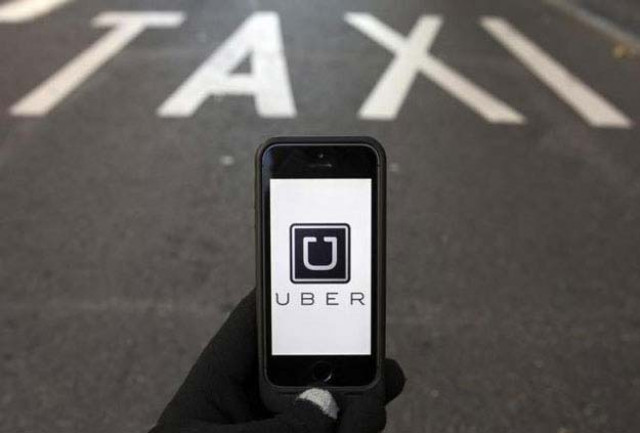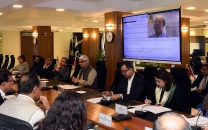Uber’s Pakistani drivers to get seminars on sexual harassment
Drivers will also have to submit a police verification certificate and a character referral

PHOTO: REUTERS
"It’s basic things, like they might not know that telling a girl that she’s pretty could actually constitute sexual harassment," Uber spokesperson Shaden Abdellatif told Fast Company.
"It’s that basic level of education that hasn’t [typically] been offered [in Pakistan] before, especially in the transport industry," he said.
Uber parks in Lahore, announces start of operations
Drivers will also be required to go through additional screening hurdles, including submitting a police verification certificate and a character referral, which Abdellatif described as a common facet of service-industry jobs in Pakistan "that recommends that person and says the person has a good work ethic and has worked in this job."
There is a general perception that public transportation in Pakistan is unsafe for women. The country did pass a workplace sexual harassment law in 2010.
Uber’s safety came into question in 2014 after a driver in Delhi was arrested on charges that he had raped a passenger who had hired him through the app. The driver has since been sentenced to life in prison for the crime.
Uber driver gets life sentence for rape in Indian capital
However, many have pointed out how apps like Uber could actually benefit Pakistani women in places with limited safe public transportation options.
The ride-hailing app, which has for now only launched in Lahore, will accept cash transactions as credit and debit cards are uncommon in the country. By one estimate, there are about 23 million cards among 182 million people. Uber’s latest launch is part of a $250 million expansion throughout the Middle East and North Africa.
This article originally appeared on Fast Company



















COMMENTS
Comments are moderated and generally will be posted if they are on-topic and not abusive.
For more information, please see our Comments FAQ